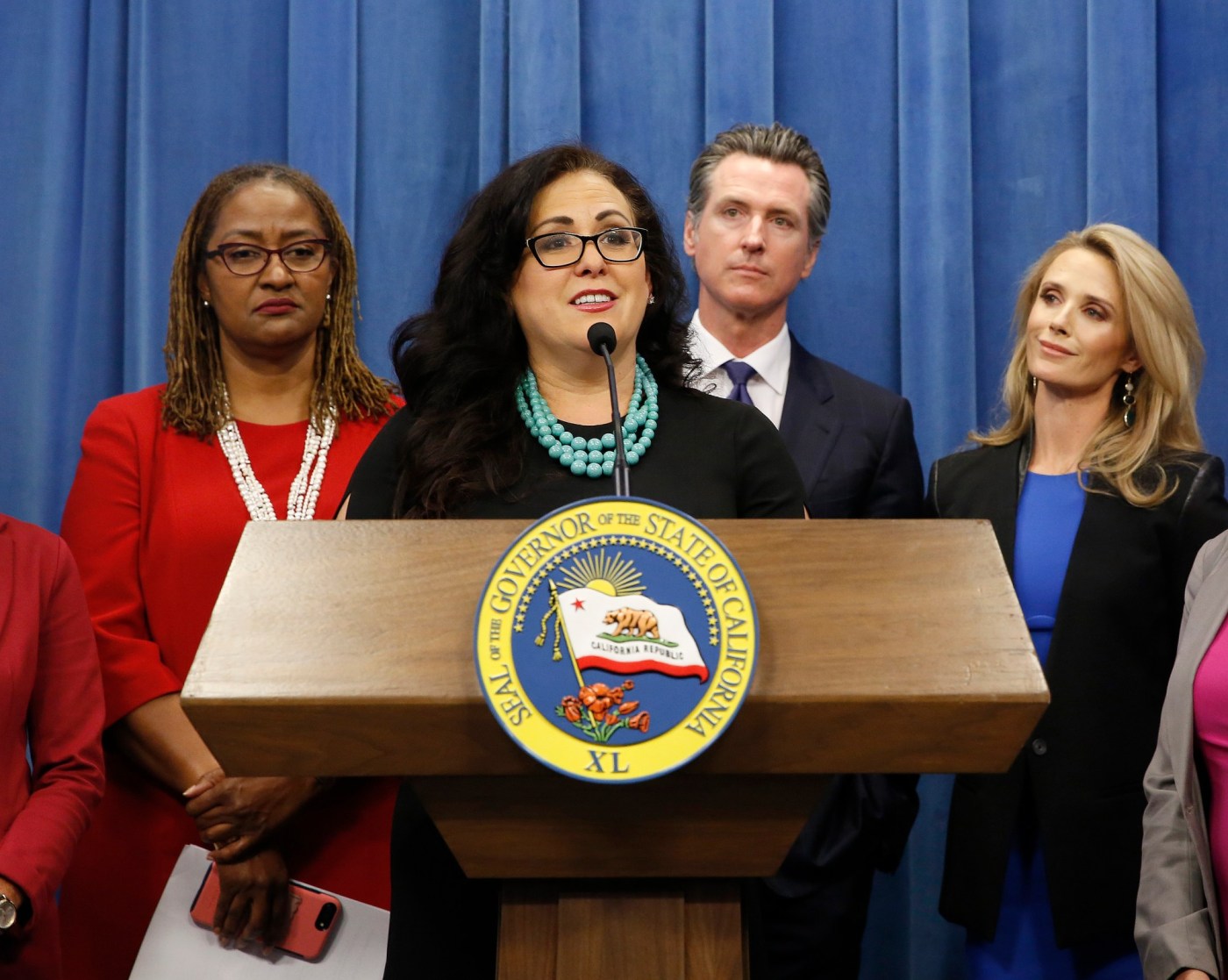California’s Assembly Bill 218 has raised alarms among public agencies, particularly school districts, as it extends the statute of limitations for civil claims related to childhood sexual abuse. This legislative change, championed by Assembly member Lorena Gonzalez-Fletcher, has been criticized for its potential to exacerbate the financial challenges already facing many municipalities in the state.
The bill builds on a prior legislative effort, Senate Bill 131, which aimed to hold organizations accountable for the actions of their employees. Although Governor Jerry Brown vetoed that earlier bill in 2013 due to concerns over fairness and the potential for overwhelming financial repercussions, Gonzalez-Fletcher’s determination led to a revised version, Assembly Bill 218, which was signed into law by Governor Gavin Newsom in 2019.
In his veto message for AB 3120, Brown highlighted the risks associated with allowing claims from decades past, noting that “evidence may be lost or disposed of, memories fade, and witnesses move away or die.” He also referenced the significant financial toll similar legislation had on the California Catholic Church, which reportedly paid over $1.2 billion to settle claims during a one-year revival period initiated by a previous statute extending the statute of limitations.
Despite these warnings, Gonzalez-Fletcher pressed forward, asserting that organizations should be held accountable. Her approach aims to provide justice for victims, yet critics argue that the ramifications could jeopardize the fiscal stability of essential public services. John Moorlach, a former California State Senator, voiced his concerns on the Senate floor, stating, “Extending the statute of limitations on childhood sexual assault civil claims may devastate certain districts and make obtaining insurance nearly impossible.”
The implications of AB 218 are already being felt. The Los Angeles Unified School District announced plans to issue $500 million in bonds to cover the expected costs of new lawsuits stemming from this legislation. Similarly, the County of Los Angeles is projected to issue bonds totaling $4 billion for the same reason. Many municipalities now face prolonged financial strain as they prepare for a surge in litigation.
As public employee unions negotiate demands for raises and benefits, the financial strain from AB 218 could complicate these efforts. Gonzalez-Fletcher, who transitioned to the role of president of the California Labor Federation after leaving the Assembly, now faces the challenge of advocating for workers amidst a backdrop of fiscal uncertainty.
Looking ahead, the financial landscape for California’s public agencies remains precarious. School districts, counties, and other local entities are grappling with the reality of increased liability and the potential for higher insurance premiums. The long-term effects of AB 218 could hinder the ability of these organizations to provide essential services.
With a significant portion of California’s public agencies now burdened by the fallout from this legislative decision, questions loom about how they will manage the costs associated with these lawsuits. As municipalities brace for the future, the legacy of Gonzalez-Fletcher and Newsom’s actions will likely be scrutinized for their impact on the state’s fiscal health and the well-being of its residents.







































































